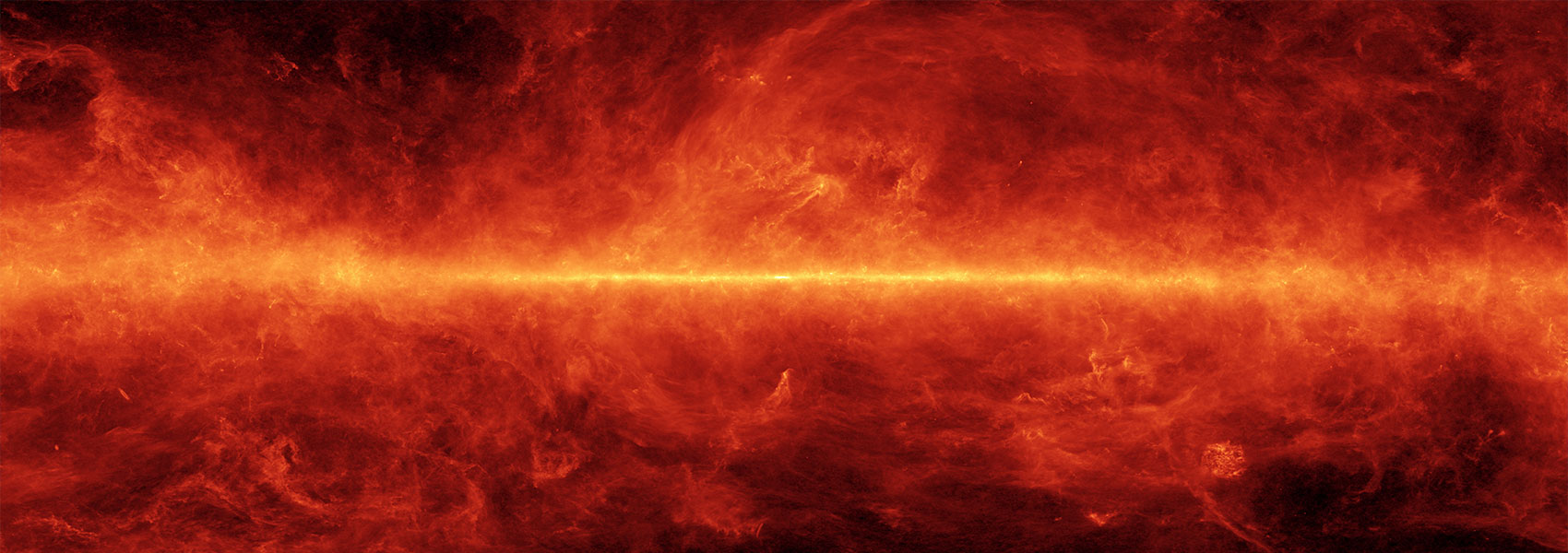June
2022
•
2022AJ....163..297C
Authors
•
Chontos, Ashley
•
Murphy, Joseph M. Akana
•
MacDougall, Mason G.
•
Fetherolf, Tara
•
Van Zandt, Judah
•
Rubenzahl, Ryan A.
•
Beard, Corey
•
Huber, Daniel
•
Batalha, Natalie M.
•
Crossfield, Ian J. M.
•
Dressing, Courtney D.
•
Fulton, Benjamin
•
Howard, Andrew W.
•
Isaacson, Howard
•
Kane, Stephen R.
•
Petigura, Erik A.
•
Robertson, Paul
•
Roy, Arpita
•
Weiss, Lauren M.
•
Behmard, Aida
•
Dai, Fei
•
Dalba, Paul A.
•
Giacalone, Steven
•
Hill, Michelle L.
•
Lubin, Jack
•
Mayo, Andrew
•
Močnik, Teo
•
Polanski, Alex S.
•
Rosenthal, Lee J.
•
Scarsdale, Nicholas
•
Turtelboom, Emma V.
•
Ricker, George R.
•
Vanderspek, Roland
•
Latham, David W.
•
Seager, Sara
•
Winn, Joshua N.
•
Jenkins, Jon M.
•
Quinn, Samuel N.
•
Guerrero, Natalia M.
•
Collins, Karen A.
•
Ciardi, David R.
•
Shporer, Avi
•
Goeke, Robert F.
•
Levine, Alan M.
•
Ting, Eric B.
•
Bieryla, Allyson
•
Collins, Kevin I.
•
Kielkopf, John F.
•
Barkaoui, Khalid
•
Benni, Paul
•
Esparza-Borges, Emma
•
Conti, Dennis M.
•
Hooton, Matthew J.
•
Kagetani, Taiki
•
Laloum, Didier
•
Marino, Giuseppe
•
Massey, Bob
•
Murgas, Felipe
•
Papini, Riccardo
•
Schwarz, Richard P.
•
Srdoc, Gregor
•
Stockdale, Chris
•
Wang, Gavin
•
Wittrock, Justin M.
•
Zou, Yujie
Abstract
•
The Kepler and TESS missions have demonstrated that planets are ubiquitous. However, the success of these missions heavily depends on ground-based radial velocity (RV) surveys, which combined with transit photometry can yield bulk densities and orbital properties. While most Kepler host stars are too faint for detailed follow-up observations, TESS is detecting planets orbiting nearby bright stars that are more amenable to RV characterization. Here, we introduce the TESS-Keck Survey (TKS), an RV program using ~100 nights on Keck/HIRES to study exoplanets identified by TESS. The primary survey aims are investigating the link between stellar properties and the compositions of small planets; studying how the diversity of system architectures depends on dynamical configurations or planet multiplicity; identifying prime candidates for atmospheric studies with JWST; and understanding the role of stellar evolution in shaping planetary systems. We present a fully automated target selection algorithm, which yielded 103 planets in 86 systems for the final TKS sample. Most TKS hosts are inactive, solar-like, main-sequence stars (4500 K ≤ T eff <6000 K) at a wide range of metallicities. The selected TKS sample contains 71 small planets (R p ≤ 4 R ⊕), 11 systems with multiple transiting candidates, six sub-day-period planets and three planets that are in or near the habitable zone (S inc ≤ 10 S ⊕) of their host star. The target selection described here will facilitate the comparison of measured planet masses, densities, and eccentricities to predictions from planet population models. Our target selection software is publicly available and can be adapted for any survey that requires a balance of multiple science interests within a given telescope allocation. *The TESS-Keck Survey: Science Goals and Target Selection
Links





